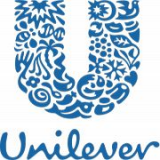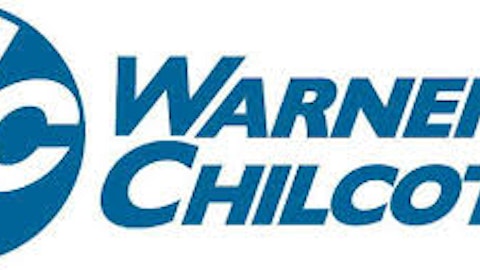In the newly released list of World’s Most Respected Companies in 2013, Barron’s featured several non-U.S. companies, including Unilever plc (ADR) (NYSE:UL) and Nestle. While Unilever ranked eleventh with mean scores of 3.24, Nestle was in the sixteenth position. Should we invest in these highly respected non-U.S. firms at their current prices? Let’s find out.
Unilever

The company reported that around 55% of its turnover was derived from the emerging markets, a much higher percentage compared to its direct global competitor, The Procter & Gamble Company (NYSE:PG), with 37% of the total revenue coming from emerging markets. Unilever plc (ADR) (NYSE:UL) could benefit in the future by the recent increase in Hindustan Unilever’s stake, from 52.7% to 75% with a total investment of $5.4 billion. Harish Manwani, the company’s COO, mentioned that Unilever has great growth opportunities in rural India which has a population of 700 million people.
Paul Poleman has restructured Unilever plc (ADR) (NYSE:UL)‘s business, divesting its food business to focus on Beauty and Personal Care in the emerging markets. Unilever had divested North American Frozen Foods for $267 million and Skippy peanut butter for $700 million in cash. In the first half of 2012, it expanded its footprint in beauty and personal care sector by spending $694 million on Concern Kalina, the Russian owner of Black Pearl and Silky Handscreams. The market values Unilever at around 17.3 times its forward earnings.
P&G and its $10 billion cost savings program
Unilever has a lower valuation than The Procter & Gamble Company (NYSE:PG). The market values P&G at 17.8 times its forward earnings. Despite its higher valuation, The Procter & Gamble Company (NYSE:PG) could deliver a lot of value to its shareholders with its business restructuring and improvements under the leadership of CEO A.G. Lafley. Lafley would be expected to accelerate The Procter & Gamble Company (NYSE:PG)’s $10 billion cost reduction program. Activist investor Bill Ackman, one of the largest P&G shareholders, mentioned that a $10 billion cost cutting included $6 billion in COGS reduction, $1 billion in overhead savings, $1 billion in marketing efficiencies, and $2 billion in operating leverage.
Ackman estimated that with an EBIT (earnings before interest and taxes) margin of 4% and organic sales growth of 6%, The Procter & Gamble Company (NYSE:PG)’s EPS might reach $6 per share in 2016. When a simple multiple of 20 was applied, its share price might rise to $125 per share, a whopping 62% to its current trading price.
Nestle
Nestle ranked sixteenth in the list of the world’s most respected companies with a mean score of 3.17. Nestle has also grown its emerging market revenue share significantly, from 30% of the total revenue in 2001 to 45%. The company has undertaken a lot of effort to drive the business forward with its long-term approach, including building capabilities in terms of R&D, cost savings and channels, expanding its presence and performance in both emerging and developed markets, and doing further to enhance the company’s capabilities and its global leadership position.




